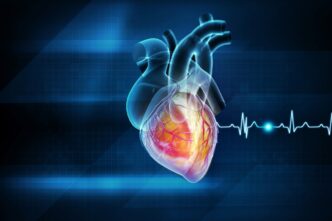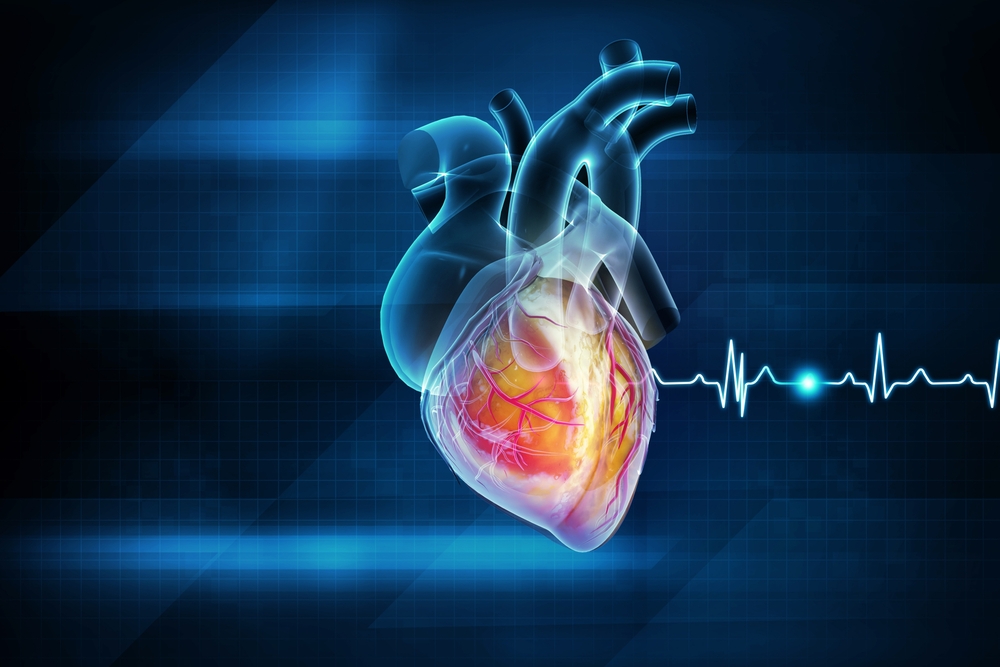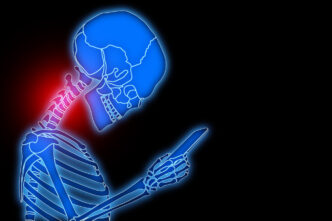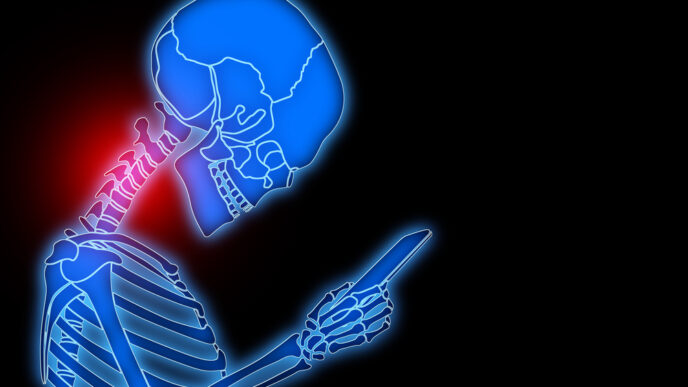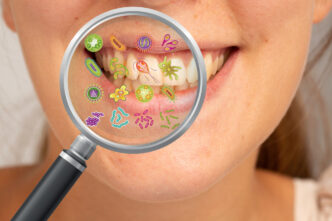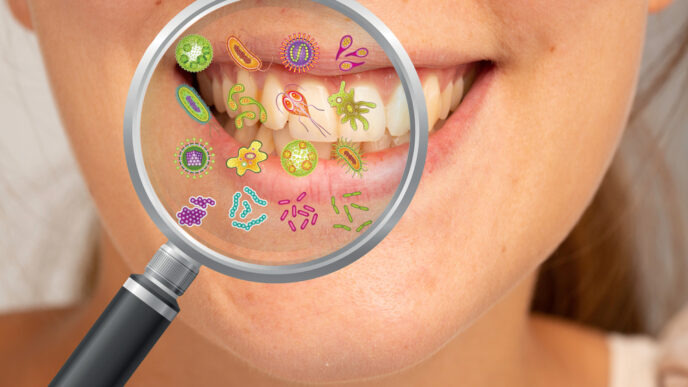Many people mistake mild chest discomfort or fatigue for heartburn or stress — but it could be something much more serious. Learn how to spot the early warning signs of a “mini heart attack,” why it matters, and how Malaysians can protect their heart health before it’s too late.
WORDS LIM TECK CHOON
 FEATURED EXPERT FEATURED EXPERTDR LIM CHIAO WEN Consultant Cardiologist and Electrophysiologist Sunway Medical Centre Velocity |
Heart disease remains one of Malaysia’s biggest health concerns, with ischaemic heart diseases causing 15.1% of all medically certified deaths.
| Ischaemic heart disease is a condition where blood flow to the heart is reduced due to narrowed or blocked arteries, increasing the risk of chest pain and heart attacks. |
Even more worrying, Malaysians tend to suffer heart attacks younger, at an average age of just 58, which is nearly 8 years younger than the global average.
Yet many young adults ignore early warning signs, believing they’re too young for heart issues.
Hence, it’s more important than ever to recognize early signs, especially of what people often call a mini heart attack.
WHAT IS A MINI HEART ATTACK?
According to Dr Lim Chiao Wen, the term mini heart attack usually refers to less severe forms of heart attack, such as:
- Unstable angina, when blood flow to the heart is reduced but doesn’t cause permanent damage.
- Non-ST elevation myocardial infarction (NSTEMI), a type of heart attack that causes mild heart muscle injury, though not as severe as a full-blown heart attack.
Both are serious conditions and should not be ignored.
EARLY SIGNS THAT SHOULD NOT BE IGNORED
Many people think heart attacks always come with crushing chest pain and collapse. However, mini heart attacks often have subtler, even silent, symptoms.
These symptoms include:
- Mild chest discomfort
- Breathlessness
- Fatigue
- Nausea
- Dizziness
- Pain that may radiate to the jaw, neck, arms, or back
“Many Malaysians brush off these signs as stress, indigestion, or lack of sleep,” says Dr Lim, “but without a medical check-up, it’s impossible to be sure.”
WHY ARE MINI HEART ATTACKS DANGEROUS?
If left untreated:
- Blood supply to the heart can become blocked.
- Even short interruptions of blood supply to the heart cause damage, weakening the heart.
- This can lead to heart failure, irregular heartbeats, or poor circulation.
Worse, people unaware of a prior mini heart attack might not take steps to prevent future heart problems, therefore increasing their risk of a major heart attack.
| In fact, up to 50% of serious heart attack victims had previously undetected mini heart attacks before! One study reported by CNN found 42.4% of sudden cardiac arrest victims had signs of previous silent heart attacks without knowing it. |
ARE YOU AT RISK?
Several factors increase the risk of heart attacks in Malaysia.
- Smoking and vaping
- Both thicken the blood and promote clot formation in blood vessels.
- Unhealthy diets
- High intake of fried foods, sugary drinks, processed meats.
- Reusing cooking oil can worsen cholesterol buildup.
- Sedentary lifestyle
- Long hours of sitting can weaken the heart.
- Rising obesity, diabetes, and hypertension
- 15.6% of Malaysians live with diabetes.
- High blood pressure or hypertension strains the heart and damages arteries.
- Family history and genetics
A Note about Women
Dr Lim highlights that pre-menopausal women have lower risk compared to men due to their higher levels of oestrogen.
However, after menopause when oestrogen level starts to go down, their risk levels are the same as men’s.
Instead of chest pain, women may instead experience unusual symptoms such as:
- Extreme fatigue
- Nausea
- Dizziness
As a result, their heart problems are often overlooked.
A WAKE-UP CALL FOR MALAYSIANS
Dr Lim stresses that heart disease is affecting greater numbers of younger Malaysians, driven by lifestyle choices and missed early signs.
Hence, even mild symptoms shouldn’t be ignored.
“If you experience unusual chest discomfort, breathlessness, or fatigue, seek medical attention promptly. Early action can prevent lasting heart damage,” says Dr Lim.
She also recommends regular check-ups, timely treatment, and healthy lifestyle changes to protect the heart.
| This article is part of our series on the health issues affecting the heart and blood pressure. |

